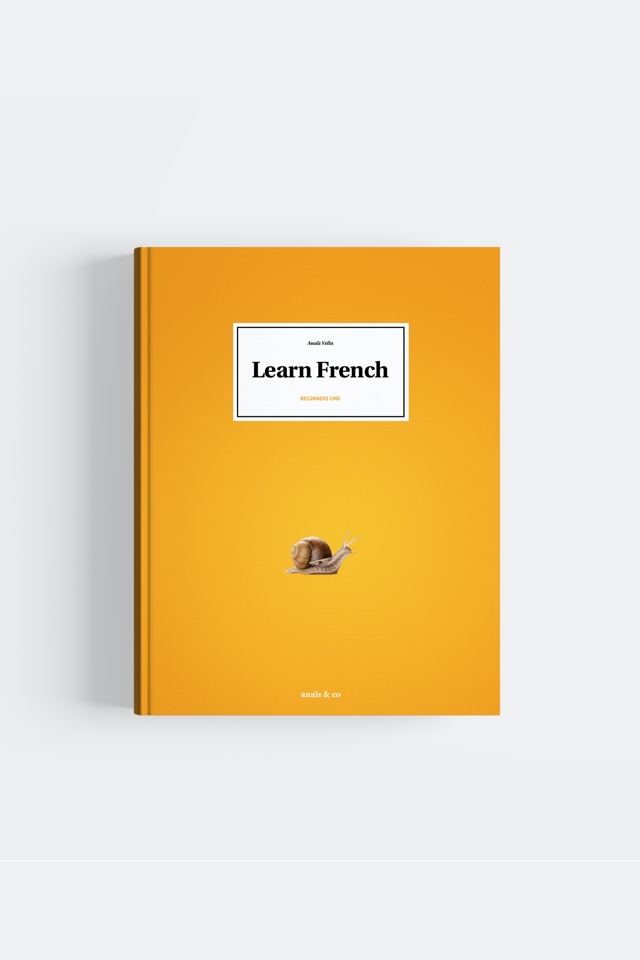

Connectives can be adverbs, prepositions, coordinating conjunctions or subordinating conjunctions.
Connective words are used to establish relationships between ideas, facts… and express the cause, the reason, the contradiction, the objective, the consequence…
| List of common connective words | |
|---|---|
| French | English |
| À cause de | Because of |
| Ainsi que | As well as |
| Alors | Then/so |
| Aussi/également | Too/as well |
| C’est pourquoi | It’s why |
| Car | Because |
| Cependant/pourtant | However |
| Comme | As/like |
| D’un autre côté | On the other side |
| D’un côté | On one side |
| De plus | Moreover |
| Deuxièmement | Secondly |
| Donc | So |
| En conclusion | In conclusion |
| En effet | Indeed/in effect |
| Enfin | Finally |
| Ensuite/puis | Then |
| Et | And |
| Mais/or | But |
| Malgré | Despite |
| Même si | Even if |
| Néanmoins/toutefois | Nevertheless |
| Ou | Or |
| Par conséquent | Therefore |
| Pour finir | To conclude |
| Premièrement | Firstly |
| Probablement/sans doute | Probably |
| Sauf | Except |
| Sauf si | Except if |
| Selon | According to |
| Si | If |
| Soit... soit... | Or ... or... |
Like in English, some connective words in this list are more used for writing.
In French, “en effet” is used to explain or justify something, this is why it is often followed by an explanation.
As in English, “et” can precede some other connective words.
For example:
J’aime le rugby et aussi le foot →
I like rugby and football too.
Both connective words are followed by “que” but won’t trigger the subjunctive. You can find more connective words; some will require the subjunctive especially if they end with “que.” When “ainsi que” is followed by a vowel or “h”, it becomes “ainsi qu’.”
They are usually followed by a subject, a proper noun, a disjunctive pronoun, or an article. They can have different position in a sentence even if the preferred one is at the start of a sentence to connect with the previous one or in the middle of a sentences to connect two ideas or elements together.
For example:
Je lis même si je suis fatigué(e) → I read even if I am tired.
Il vient sans doute ce soir → He probably comes tonight.
Je joue du piano; ensuite, toi de la guitare →
I play the piano; then, you the guitare.
Je voudrais un thé et un croissant →
I would like a tea and a croissant.

More in the books
Werther you are learning by yourself, with Anais and Co or if you are a FLE teacher find this lesson and many more in a beautiful book.
Be notified when we upload a new video.